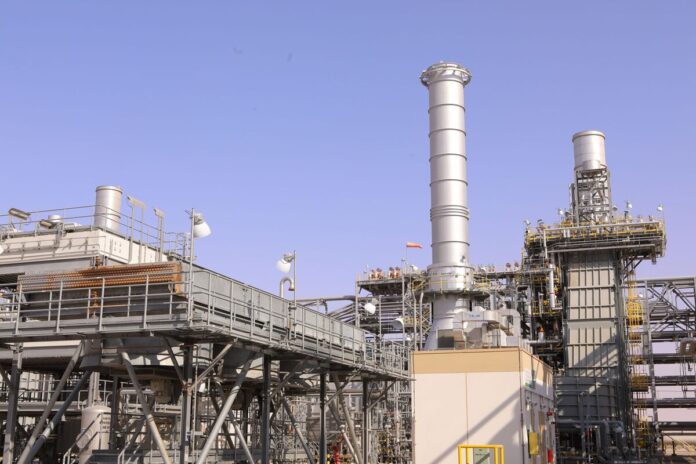Saudi Arabia has revised its oil capacity expansion plans, attributing the change to the ongoing global energy transition.
On January 30, the Saudi government directed the state-owned oil company, Aramco, to maintain its maximum sustained production capacity at 12 million barrels per day (bpd), scaling back from a previously set target of 13 million bpd to be achieved by 2027.
This announcement was made by the Saudi Energy Minister, Prince Abdulaziz bin Salman, during the IPTC petroleum technology conference in Dharan.
The decision to adjust the expansion plan aligns with Saudi Arabia’s broader environmental commitments, including its goal to achieve net zero emissions by 2060, with Aramco aiming for net zero emissions from its operations by 2050.
Prince Abdulaziz emphasized the kingdom’s substantial spare oil capacity, highlighting its readiness to mitigate potential disruptions in global oil supplies due to conflicts or natural disasters.
Aramco’s CEO, Amin Nasser, reaffirmed the company’s capability to adjust production levels as needed, noting a current spare capacity of approximately 3 million bpd.
This flexibility is part of Saudi Arabia’s strategy to adapt to market demands and maintain its position as the world’s largest holder of spare oil capacity, under the current OPEC+ agreement which has Saudi oil production approximately 3 million bpd below its maximum sustainable capacity.
The Energy Minister also expressed criticism of the International Energy Agency’s decision to release oil from emergency reserves following Russia’s invasion of Ukraine, questioning the lack of appreciation for countries that maintain emergency oil capacities.
Despite adjustments in production targets and the anticipated energy transition, Nasser predicts an increase in oil demand, projecting a rise to 104 million bpd in the current year and further to 105 million bpd by 2025.
This forecast suggests a continued reliance on oil in the near term, despite the global shift towards renewable energy sources.




